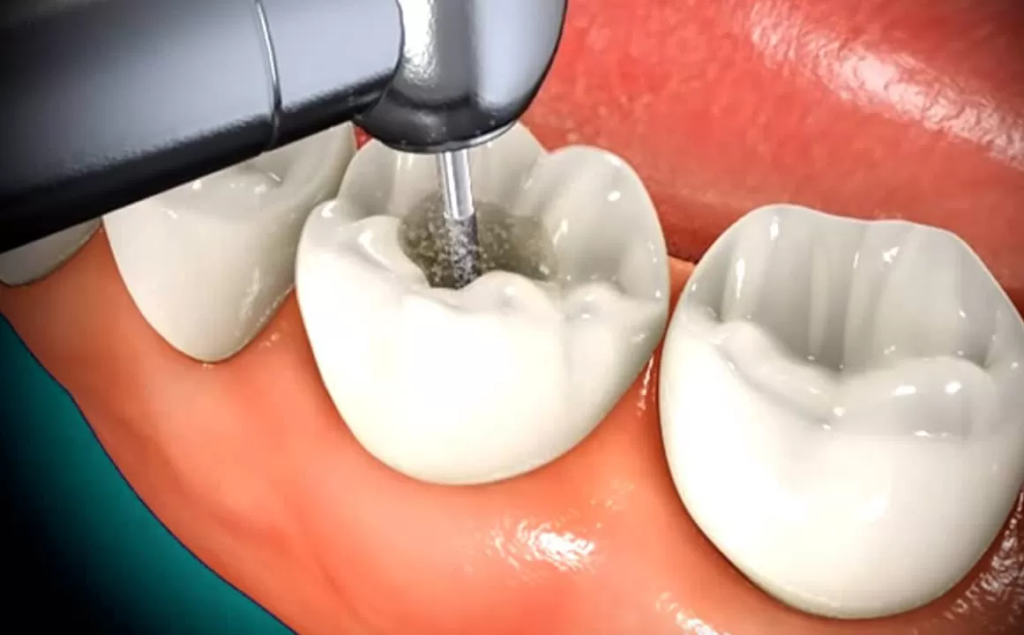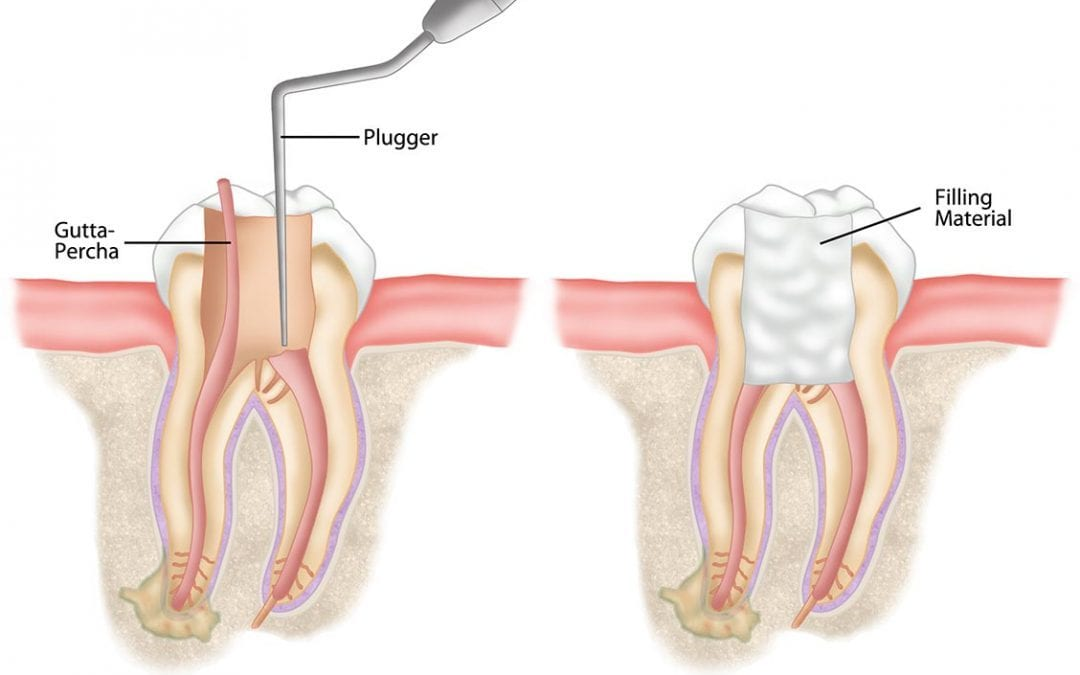Toothache is much worse than a constant headache, nothing can fix it, not even sleep. This can be a sign of an infected dental pulp. If that is the case, unfortunately, it won’t just go away with some painkillers, there is much more to the story than you realize.
If the toothache stays, you know what to do, you will have to visit a dentist to see the root cause of this constant pain and if it is a sign of needing a root canal.
What is a Root Canal?
This procedure is a dental lifesaver, addressing the heart of the problem – the infected pulp within your tooth. Much like the way a surgeon removes an infected appendix, a dentist carefully removes the inflamed pulp, cleanses the interior, and seals it back up.
This process not only saves your tooth but also brings an end to that unbearable toothache that once held you hostage.
Don’t let the pain dictate your life. If a constant, throbbing toothache has become a constant companion, it’s time to consult a professional. A skilled dentist can determine if a root canal is in order, alleviating your agony and restoring your peace of mind.
What Are the Signs That You Need a Root Canal?
Persistent Pain:
Pain is one of the main signs that indicates that something is wrong with the root of your mouth. Moreover, if because of the persistent pain you are having trouble doing normal activities such as eating or drinking, it means you need to go see your dentist.
Your dentist will look at your teeth carefully to see if the blood vessels or nerves have become inflamed due to infection or something else. So, your dentist might choose to do a root canal to ease the pain.
Sensitivity to Cold or Hot Temperature:
Heightened sensitivity to cold or hot temperatures can be another red flag for potential root canal treatment. If sipping on a hot cup of coffee or indulging in ice cream triggers sharp discomfort, your tooth might be sending distress signals.
Similarly, this sensitivity can be indicative of nerve or pulp damage, warranting a closer examination by your dentist.
Tooth Discoloration:
So, we know that your teeth won’t always look pearly white. However, if there is only one tooth that has more severe discoloration than the others, then that means there could be a serious issue.
Similarly, if you have consistent pain and begin to notice a grayish-black coloring on your tooth, this can be a sign of dying dental pulp.
Tender and Swollen Gums:
Tender, swollen gums around a specific tooth can suggest an infection that has spread to the surrounding area. If you notice tenderness or swelling that doesn’t subside, it’s crucial to consult a dentist promptly. Moreover, ignoring these signs could lead to further complications.
Deep Decay:
When a tooth is affected by deep decay that has penetrated through the outer enamel and dentin layers, it can reach the inner pulp chamber. Additionally, deep decay allows bacteria to infiltrate the pulp, leading to infection and inflammation.
If you’ve had a cavity that was left untreated or inadequately addressed, it can progress to the point where a root canal becomes necessary.





